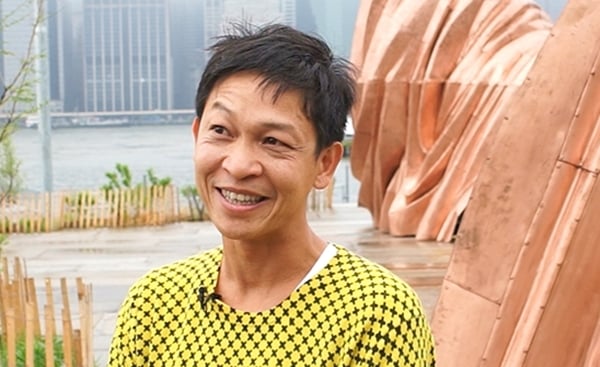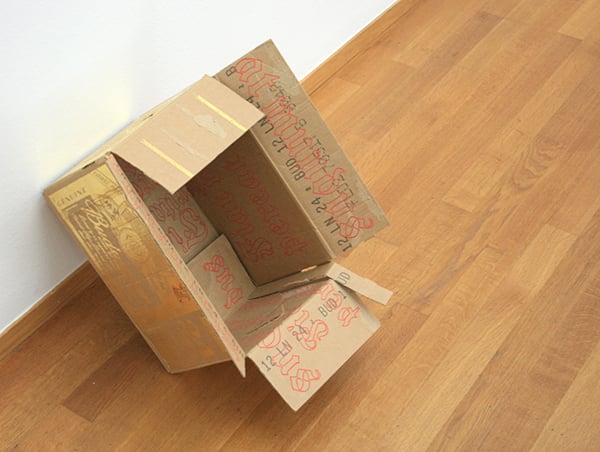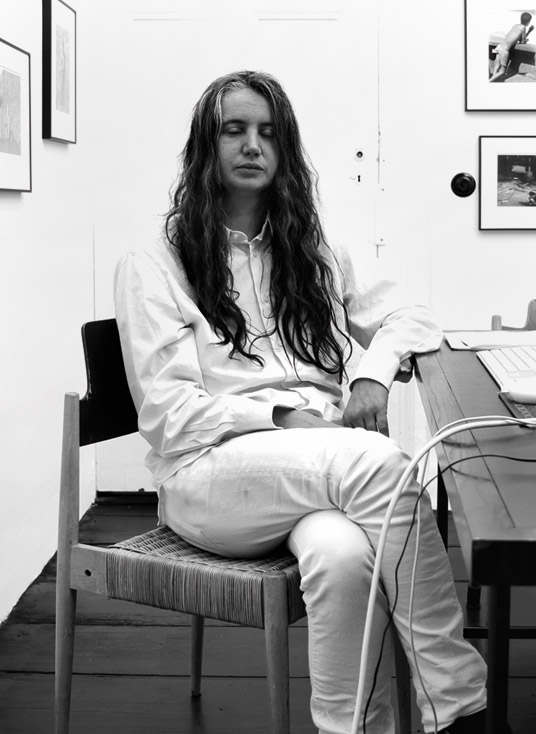Law & Politics
Bert Kreuk Gets an Injunction on Danh Vō’s Artwork in Order To Secure Attorney’s Fees
Will the two parties ever be able to agree?

Photo: artnet News.
Will the two parties ever be able to agree?

Hili Perlson

The legal battle between Dutch collector Bert Kreuk and artist Danh Vō continues, and now centers on a piece titled Fiat Veritas.
On June 24, a Rotterdam court ruled in favor of Kreuk in a lawsuit launched against Vō last September. The artist was ordered to produce a “large and impressive” installation for the collector within a year, and Kreuk is to pay $350,000 for the new artwork.
This ruling is unprecedented in Dutch legal history, and could also have further ramifications in the art world.
Vō immediately declared his plans to appeal the decision. “I believe that my artistic integrity has been violated by the court, ordering me to produce a ‘large and impressive work’ for Kreuk,” he told the Art Newspaper on June 25.
The Rotterdam court also ruled that Kreuk must return Fiat Veritas (which translates as “let truth be done” in Latin) to the artist.
However, on Monday, Kreuk wrote in an email to artnet News that he is not giving up the artwork so easily.

Danh Vo’s Fiat Veritas is at the heart of a legal battle with Bert Kreuk.
Photo: via lost-painters.nl.
“Unfortunately I had no other possibility but to place another injunction on the carton box Fiat Veritas in order to secure the court ordered attorney fees,” he writes, claiming that Vō has yet to pay those fees as ordered by the court.
The artwork in question has been at the heart of the legal battle. In June 2013, Vō sent the existing work—a cardboard box marked with gold leaf—to Kreuk’s exhibition, “Transforming the Known,” at the Hague’s Gemeentemuseum. According to Vō’s lawyer, Gert-Jan van den Bergh, the sculpture was provided under a signed loan agreement between the artist and the museum.
But Kreuk claimed that the artist and Isabella Bortolozzi Galerie agreed in January 2013 to produce a new artwork for the exhibition, which Kreuk was to subsequently purchase for his collection. Kreuk then filed the lawsuit in September 2014, and also sought an injunction that prevented the museum from returning Fiat Veritas to Vō.

Bert Kreuk.
Photo: Courtesy of Gemeentemuseum Den Haag, via Art Daily.
In the June 24 ruling, the court found that there was sufficient evidence that the artist and Isabella Bortolozzi Galerie, in the 2013 agreement with Kreuk, settled on the purchase of a new work.
Gallerist Isabella Bortolozzi sent out her own statement today regarding the court ruling:
[…] Whilst the legal consequences are hopefully confined to the Netherlands, it nevertheless sets a precedent, and represents a serious threat to the intellectual freedom of creative individuals everywhere.
[…] Bert Kreuk believes he has won something, but on the contrary he has lost everything. He has had to resort to the law in order to force an artist to make work against his will. He must ask himself why the artist does not do so voluntarily. The fact that Kreuk was able to use the influence of a public art institution to achieve this result is all the more troubling, and undoubtedly the subject of an article waiting to be written. Unfortunately the art world is now host to many individuals whose motivations are alien to our interests. This is something we must now all be more vigilant about.

Isabella Bortolozzi.
Photo: Courtesy of Marco Funke via its-me.org.
artnet News reached out to Bortolozzi and Vō for comment, but has not received a response.